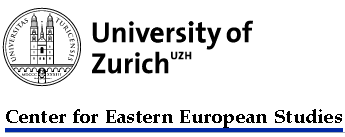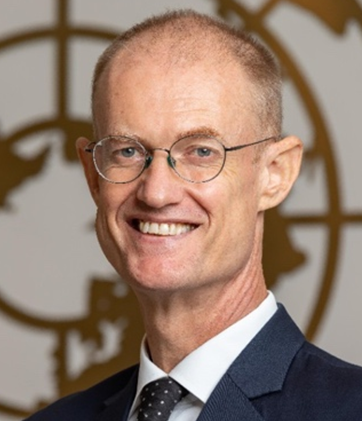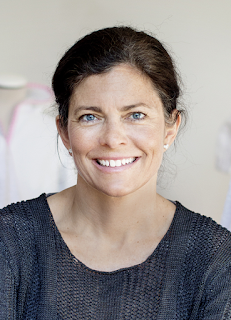Alexander KAFFKA, editor-in-chief of CJ: Dear Caroline, welcome to Caucasian Journal, and greetings from South Caucasus. This region is known for natural beauty, rich history and hospitality, and it is small wonder that tourism is one of our main backbones. As you can guess, I’m about to ask about the hotels. Is it true that you know a “magic” way for hotels to become more environmentally friendly, reduce waste, and make profit?
Caroline von POST: Haha, of course, they could let me help them! No seriously, it’s a complicated thing, running a hotel. Positioning your brand, employing the right staff who can represent the hotel in a positive manner, cooking great food, decorating the rooms etc… so many things to think about. While I have helped hotels become more environmentally friendly prior to launching Stormie Poodle, my business now focuses on the textiles that are used by the hotel and “upcycling” those textiles to – as you say – reduce waste, become more environmentally friendly, and increase profits.
Your country seems like a very beautiful place with so much biodiversity and amazing mountains. I hope I get the chance to visit it one day.






